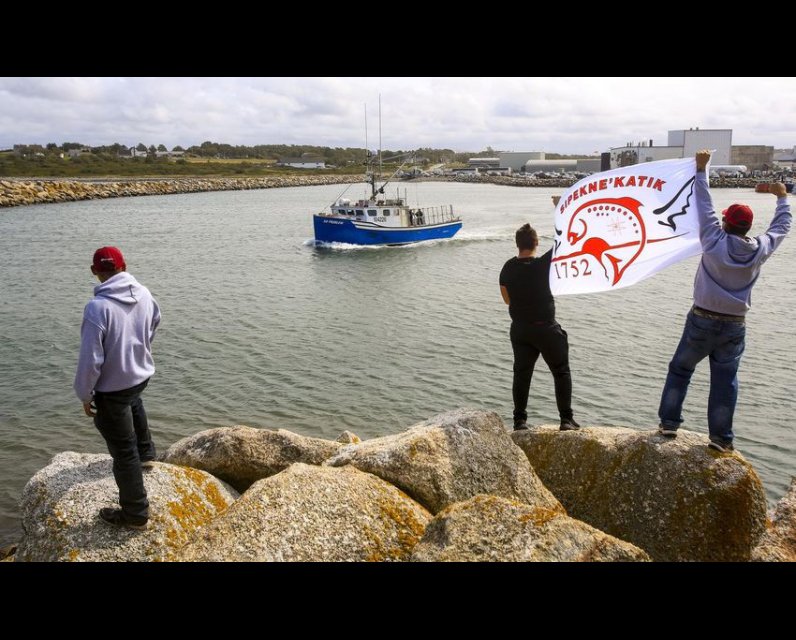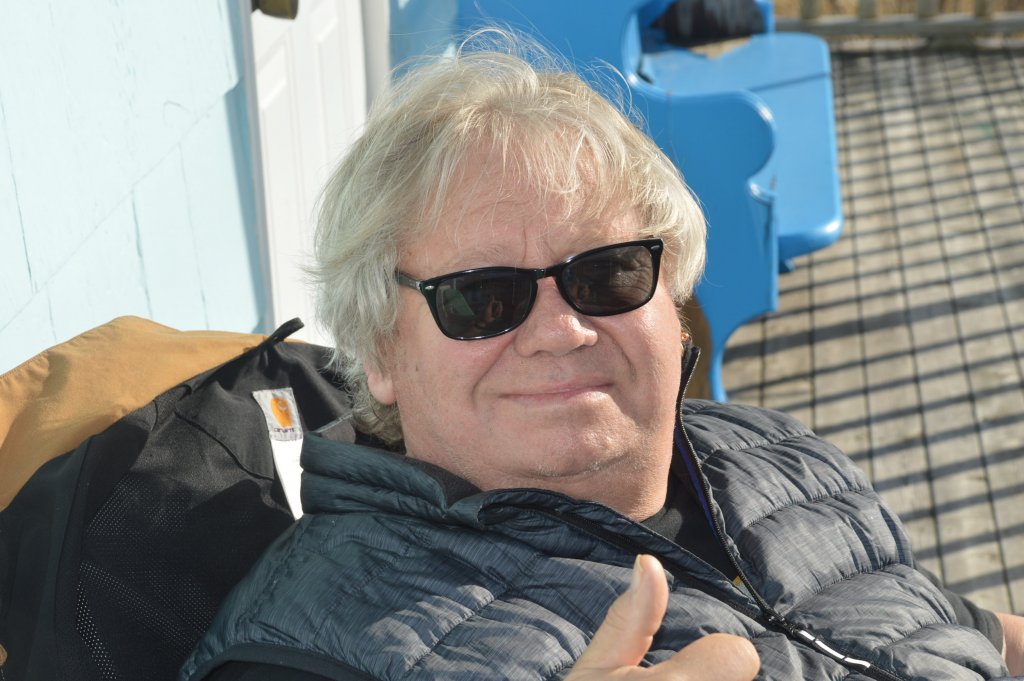Unpublished Opinions
Paul Strome’s Bio
Paul has two adult daughters and he has lived with First Nations, Inuit and Metis for a significant part of his life. After graduation from the University of Waterloo in Anthropology, he worked in the Northwest Territories/Nunavut as an educator, so he experienced the culture, language, and geographic parameters with indigenous people for 12 years. He has seen first hand how indigenous people of Canada are treated. This impassioned him to petition the government at every opportunity to bring about the United Nations Declaration of the Rights of Indigenous People.
After he moved to southern Ontario as an educator, he ran the extra-curricular Outdoor Education Club in addition to his classes, in one of the largest high schools in Canada training and taking students on canoeing, hiking, climbing, snow-shoeing and dog-sledding expeditions. He has canoed/kayaked many of Canada’s Heritage Rivers and has lived in or travelled to every province and territory in Canada which has broadened his concerns about environment and social concerns. These experiences have intensified his deep-seated love and admiration for Canada.
As an elder and David Suzuki Ambassador he has championed the Blue Dot Movement in Unama’ki and in recent years was the Atlantic Regional Representative for the Council of Canadians. He collaborates and networks for the common good with other like-minded organizations. He is well-known as an environmentalist/social activist throughout Unama’ki (Cape Breton Island) and beyond. He has met personally with many municipal, provincial and federal politicians to encourage them to adopt sustainable environmental and social changes to address climate change. He has also done the same at schools, community colleges, libraries, community halls and Cape Breton University.
Paul Strome: East Coast Fishery Dispute - Racial or Financial

Factual history plays a huge role in regard to the racism that has been perpetrated against indigenous people in North America even before the first explorers landed on its shores. Papal bulls made by Popes Nicholas V and Alexander VI in the fifteenth century were edicts that instructed how European explorers were to treat Indigenous people. The Vatican directives became the basis of centuries of discriminatory laws in all of the Americas. As an example, these words were written more than 500 years ago … "any non-Christian people 'discovered' by European explorers were to be vanquished and subdued. Direct quote: "Subjugated - and brought to the faith.”". I doubt that the leaders of the Catholic Church realized what horrendous impacts their words were to have on other human beings in the future, but this did happen, and we know the result. Indigenous people in North America had no idea what was to befall them, but they soon realized the terror that could be exhibited by other people from Europe. Indoctrinated and baptized explorers from halfway around the world were about to descend on Indigenous people who had already been determined to be inferior by the "leader" of a religion that believed they were superior to others. That is pure and unadulterated racism.
Papal bulls instructed European explorers how to treat Indigenous people and the Vatican directives became the basis of centuries of discriminatory laws in all the Americas. Priests and members of the Catholic Church adopted the beliefs in the Papal Bulls and perpetuated them for centuries. These beliefs spread throughout the general population everywhere in the Americas much to the detriment of all indigenous people.
Canada's Truth and Reconciliation Commission found that the country's residential school policy could be traced back to these original papal bulls. The Final Report of the Commission quotes political leader and educator Sol Sanderson: "What were the objectives of these empire policies? Assimilation, integration, civilization, Christianization and liquidation. Who did those policies target? They targeted the destruction of our Indigenous families worldwide."
“Before 1951 status Indians were not deemed to be “people” under the laws of Canada and were therefore denied certain rights that other Canadians enjoyed. Status Indians could only become “persons” by relinquishing their Indian status. Only then would they be allowed to vote, own property, or have the right of other Canadian citizens.”
There are some people who believe the current, controversial Nova Scotia fishery issue between non-indigenous fishers and indigenous fishers is a financial issue but that is the most insignificant - this confrontation is more about racism than money. In 2018, The Department of Fisheries and Oceans provided a snapshot of the Atlantic coast lobster industry statistics. There are a total of 8,907 lobster licences that harvested 97,381 metric tonnes of lobster worth $1.4 billion. The absolute overwhelming financial majority of this fishery goes to the lobster processing corporations and the non-indigenous fishers. In part of southwestern Nova Scotia known as LFA 34, The CBC article As a fishing dispute in N.S. sees no swift end, it wasn't always this way, dated September 27, 2020 said “The modest Mi'kmaw lobster fishery, which currently involves seven licences of 50 traps each, is a fraction of the 979 inshore lobster licenses available in the fishing area that it covers. DFO says fishery stocks remain healthy."
After the 1999 Supreme Court Marshall Decision the various federal government ministries had the opportunity to educate Canadians, especially fishers about what this decision meant but they did not do that. These ministries were part of the system of government who were empowered to work on behalf of all Canadians to support the law but they abrogated their responsibilities. In a way we are all treaty people because treaties are nation to nation agreements and we are citizens represented by many nations within Canada. The indigenous nations have legal, negotiated treaties with the federal government of Canada and the Supreme Court of Canada is the highest court in the land that has ruled in their favour over and over and over again. First Nations have finally decided to practice their legal rights and take action.
After living in or travelling in every province and territory in Canada I have heard and read numerous unsolicited racist comments from coast to coast to coast. From the time I can first remember, my elders reminded me that we are NOT born to become racists, we are TAUGHT to be racists. Systemic racism needs to be confronted head on and declared a hate crime. We already have laws that address these issues of hate so let’s use them to make it safer and healthier for everyone.
No one in Canada should have to fight and justify their existence to anyone else day after day after day but many indigenous people have had to do exactly that for centuries. That’s what racism is. Most Canadians seem to be ignorant about the law related to indigenous people, so I believe we all need to work together to educate all our brothers and sisters about the laws of the land.



Comments
Be the first to comment